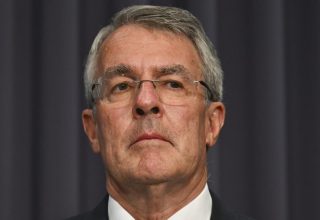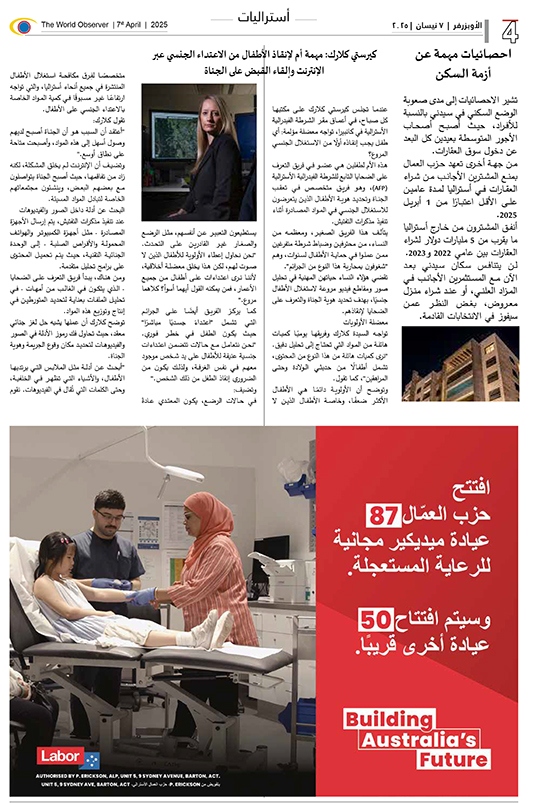
Australians under the legal gambling age are losing a staggering $18.4 million a year to gambling.
The latest findings released by The Australia Institute reveal that almost one in three young people aged 12 to 17 have engaged in some form of gambling.
When the data is expanded to include 18 and 19-year-olds, the estimated annual spend balloons to a jaw-dropping $231 million.
The research is based on a nationally representative survey of 1,000 young people aged 12 to 17 and 1,000 aged 18 to 19. It paints a sobering picture of how gambling is not only widespread among teenagers — but is becoming normalised, according to researchers.
This includes digital environments like gaming platforms where young users are exposed to gambling-style features, alongside regular exposure to gambling advertisements across TV, social media, and even during major sporting events.
How are teens gambling?
Lead researcher Morgan Harrington from the Australia Institute said the findings were “alarming and shocking”, and reflected how rapidly attitudes toward gambling have shifted in a single generation.
“While the findings were alarming, I think it would be no secret to most young Australians and their parents that the incidence of sports betting and online betting has skyrocketed in a generation or less,” Harrington said.
“The numbers show that there is a dramatic increase in gambling when teenagers turn 18 — by 16 per cent, in fact. You might look at that and say, ‘that’s not surprising as everyone wants to find out what it’s like when they turn 18 to do a whole range of things’.
“But what our analysis shows is that the numbers don’t go back down until at least the mid-20s, which is as far as we analysed. So it looks like these are habits that stick.”
Harrington warns that without serious intervention, these behaviours could become entrenched and carry through into adulthood — posing risks to financial stability, mental health and wellbeing.
“What that suggests is that if we don’t do something to regulate the amount of gambling advertising in Australia, then this could become a problem that persists for decades.”
A digital doorway
According to the report, boys were more likely than girls to gamble, with participation increasing steadily with age. Among 18 to 19-year-olds, nearly half (46 per cent) reported gambling in the past year.
Professor Sally Gainsbury, director of the Gambling Treatment and Research Clinic at the University of Sydney, says the rise of online betting has fundamentally changed how and where gambling takes place.
“Gambling used to occur in licensed premises that had very strict age restrictions on them. Now, with people wagering online through their phones, it’s commonly occurring in the home,” she said.
“Advertisements are very visible to people under the age of 18. So it’s really shifted the perception of gambling and made it into a normalisation, highly accessible and far less stigmatised for young people.”
While people need to verify their age to open a gambling account in Australia, Gainsbury said teenagers often get around this by using accounts set up by adults.
“Parents, older siblings, older friends, they’re providing that access, and that’s very difficult for operators to track,” she said.
“There are also offshore websites that don’t comply with Australian regulations, and that’s another way teens are slipping through the cracks.”
Experts warn that the financial losses are only one piece of the puzzle. The Australia Institute’s report points to a range of broader harms including mental health issues, debt, strained family relationships, and academic decline.
“If you lined up gambling next to the most popular sports, gambling would be the most popular sport played by teenagers in Australia. This was certainly a shock to see,” Harrington said.
Both Harrington and Gainsbury are calling for urgent national reform — including a ban on gambling ads, especially during times and events when children are likely to be watching, and the removal of gambling logos from sporting uniforms.
At present, there is no national public health strategy specifically targeting youth gambling. While the federal government completed a major parliamentary inquiry into online gambling and its impacts in 2023, no formal policy changes have been introduced.






































 The World Observer Media produces a daily online newspaper, a daily Arabic online newspaper and a monthly printed Arabic/English magazine and a weekly printed Arabic/English newspaper.
The World Observer Media’s mission is to entertain and educate all generation from the Ethnic Communities in Australia, who are interested in local, national and foreign information.
The World Observer Media produces a daily online newspaper, a daily Arabic online newspaper and a monthly printed Arabic/English magazine and a weekly printed Arabic/English newspaper.
The World Observer Media’s mission is to entertain and educate all generation from the Ethnic Communities in Australia, who are interested in local, national and foreign information. 


